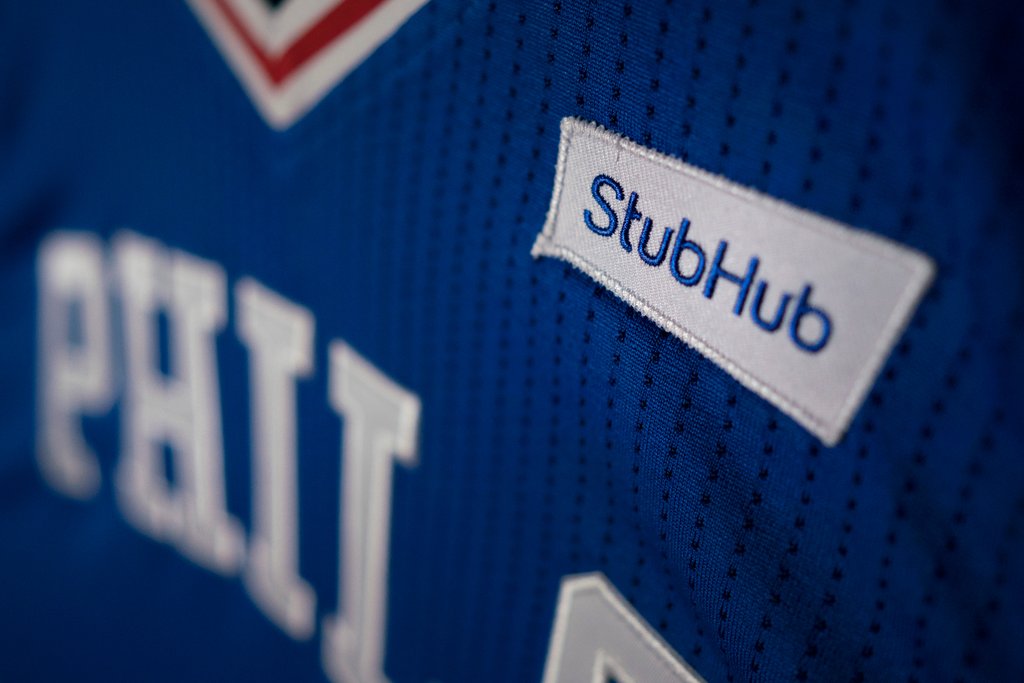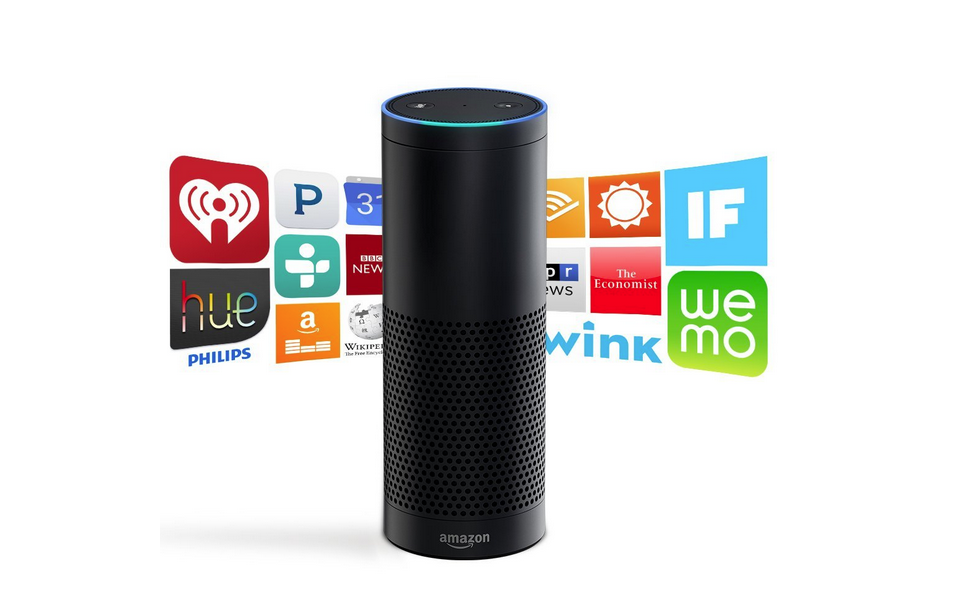What Happened
Last month, the NBA approved a three-year trial for teams to put sponsor logos on their team jerseys. On Monday, the Philadelphia 76ers took the leap and struck a deal with StubHub, becoming the first team to ink an on-jersey ad deal in NBA history. The StubHub logo will appear as a small patch on 76ers’ jerseys starting in the 2017-2018 season. Previously, StubHub also announced it will also launch a new ticketing platform for 76ers fans that bridges the primary and secondary markets.
What Brands Need To Do
In a similar vein to the T-Mobile CEO buying a tattoo ad spot on an Olympian track star, this NBA jersey ad initiative is illustrative of how media owners and brands are willing to try out non-traditional forms of advertising to capture viewers’ increasingly fragmented attention. At a time when ad blockers and ad-free streaming services are helping millions of viewers actively avoid ads, it is important for brands to find new ways such as sponsorships and native ads to circumvent consumers’ growing aversion to ads.
For more information on how brands should leverage interesting branded content to earn consumer eyeballs, check out the Ad Avoidance section of our Outlook 2016.
Source: Digiday
Header image is a promotional image from the Philadelphia 76ers.



